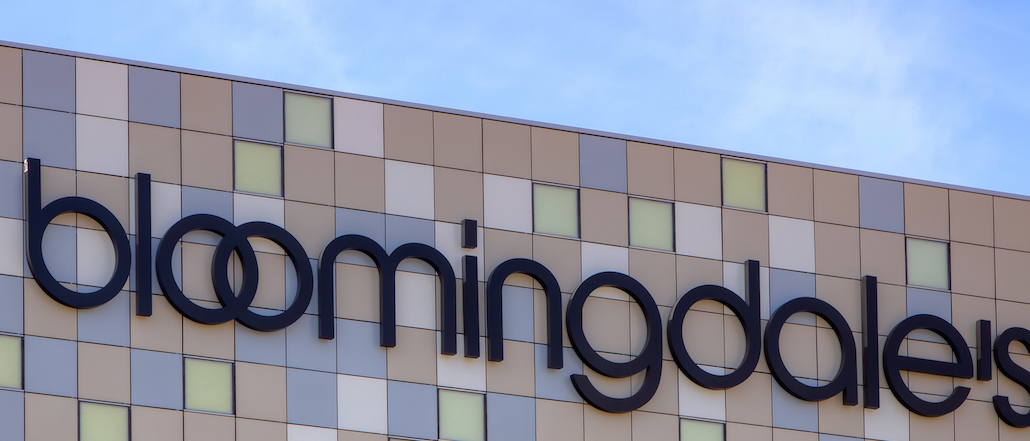Secure your place at the Digiday Media Buying Summit in Nashville, March 2-4
Bloomingdale’s apologizes for ad that encourages readers to ‘spike your friend’s drink’

Bloomingdale’s is apologizing for going full Cosby in its most recent ad for Rebecca Minkoff. “Spike your best friend’s drink when they’re not looking,” reads the copy over a photo of a man leering creepily at an oblivious laughing woman. ‘Tis the season … for date rape?
Both the timing and the tone of the ad, which ran in Bloomingdale’s most recent catalog, struck many as deeply objectionable. Spiking a drink is, of course, illegal, and Bill Cosby stands accused of drugging and raping dozens of women over the course of his career.
The high-end retailer gave a statement about the ad to Tech Insider, in which the company apologized (and misplaced its own apostrophe).
“In reflection of recent feedback, the copy we used in our recent catalog was inappropriate and in poor taste. Bloomingdales’ sincerely apologizes for this error in judgment.”
The ad, with clockwork predictability, sparked a firestorm of outrage online.
Someone at Bloomingdale’s thought this ad was smart. I assume that person has been fired. https://t.co/VrxfDfSGQI pic.twitter.com/Tg96myLnx7
— Jim Roberts (@nycjim) November 11, 2015
That Bloomingdales ad is horrific. How was that ever approved let alone thought of as a good idea?! Despicable. — Kirby (@oc_11) November 10, 2015
burn down your local bloomingdale’s when they’re not looking pic.twitter.com/ZbD2dCdLZF — olga lexell (@runolgarun) November 10, 2015
Bloomingdale’s declined to further elaborate on the ad.
Still, there must be something in the retail waters. The Bloomingdale’s snafu comes just days after H&M put its foot in its mouth on Twitter when one customer tweeted with a request it include more black models in its global marketing campaign. The company tweeted back that it makes hires that “convey a positive image” in its stores.
H&M in South Africa is asked why they dont have black models for their clothes on posters & this is their response pic.twitter.com/KyKtdHP8dQ
— M's (@_ZuluRose) November 5, 2015
More in Marketing

Thrive Market’s Amina Pasha believes brands that focus on trust will win in an AI-first world
Amina Pasha, CMO at Thrive Market, believes building trust can help brands differentiate themselves.

Despite flight to fame, celeb talent isn’t as sure a bet as CMOs think
Brands are leaning more heavily on celebrity talent in advertising. Marketers see guaranteed wins in working with big names, but there are hidden risks.

With AI backlash building, marketers reconsider their approach
With AI hype giving way to skepticism, advertisers are reassessing how the technology fits into their workflows and brand positioning.





